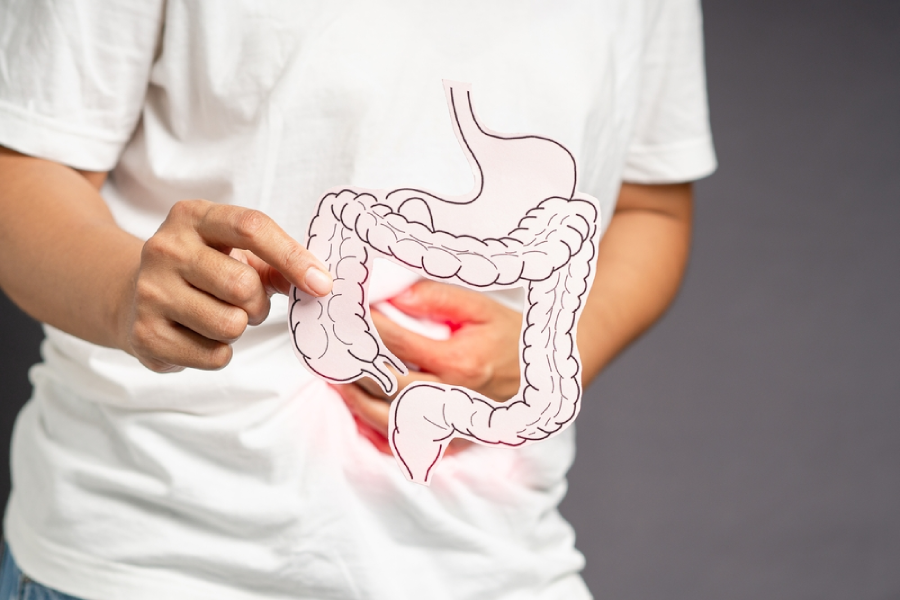When you make significant changes to your diet, such as cutting carbs or giving up meat, you may experience constipation, a common side effect. Constipation is when bowel movements become difficult, infrequent, or incomplete. This can be frustrating if you're trying to be healthier, but there are solutions to help alleviate the issue.
Four Reasons Why?: Here are four reasons why you might be constipated and what you can do about it:
You're Skipping Breakfast: One reason why you may be constipated is that you're skipping breakfast. Hormonally speaking, morning is the best time for pooping. Skipping breakfast means you're missing the "window of poop-ortunity" that occurs due to natural rises in cortisol and the digestive system nerve reflex triggered by eating. To alleviate constipation, try to eat breakfast daily and establish a regular routine for bowel movements.
Your New Diet Lacks Soluble Fiber: Another reason why you may be constipated on your new diet is because it lacks soluble fiber. Soluble fiber absorbs water and forms a gel-like substance that helps keep bowel movements soft and bulky. Many diets like keto, Whole30, the specific carbohydrate diet, and the AIP diet cut out grains, root vegetables, and fruits rich in soluble fiber.
To alleviate constipation, add soluble fiber sources such as root vegetables, winter squashes, chia seeds, or avocado to your diet. Alternatively, you can take magnesium supplements to help soften stools.
Related Article: 12 Best High Fibre Food to Improve Gut Health!
Your New Diet is Too Low in Fat: Additionally, if your new diet is too low in fat, it can reduce colon motility, leading to constipation. Adding healthy fats like avocado or nuts to your diet can help. Alternatively, taking a stool softener can also be effective.
You're Dehydrated: Finally, dehydration can cause constipation, so it's essential to stay well-hydrated. Drink plenty of water and other fluids throughout the day to help keep bowel movements regular.
By understanding why dietary changes cause constipation and making adjustments, you can stay on track with your new healthy eating habits without dealing with unpleasant side effects.
Remember to prioritize hydration, add soluble fiber sources and healthy fats to your diet, and establish regular routines for bowel movements to keep your digestive system healthy and happy.
Related Article: 6 Probiotic Food to Add to Your Diet for Better Gut Health!
Related Article: 6 Prebiotic Foods to Add to Your Diet for Better Gut Health








